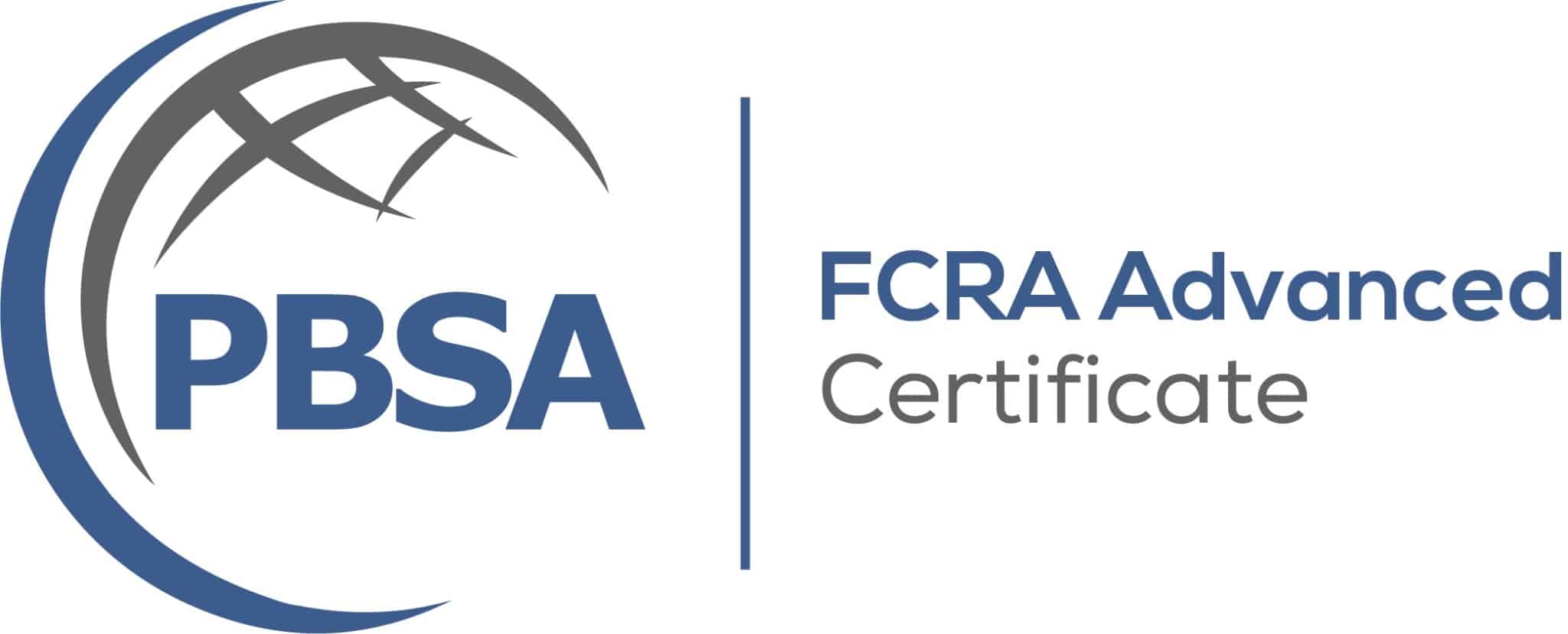
Social Security Trace
Compliance note
- The Social Security Trace is not a verification of identity or authorization to work in the U.S. Employers must use Form I-9 and E-Verify for that purpose.
- Under the Fair Credit Reporting Act (FCRA), information from a Social Security Trace cannot be used directly in employment decisions.
- The trace helps identify counties and states where criminal searches should be conducted but should never be used as a standalone screening tool.
- Employers should ensure that all background check processes involving SSNs comply with data privacy and secure handling standards.
Related Terms and Posts
- Background Check
- Consumer Report
- Identity Verification
- Investigative Consumer Report
- Permissible Purpose
- The Difference Between a Simple and Extensive Background Check (Blog)
- How to Mitigate the Risk of Negligent Hiring in 2025 (Blog)
- Beyond the Magic Database: What Hiring Managers Must Know About Background Check Limits and Realities (Blog)
Frequently Asked Questions
A: It identifies names and addresses associated with a candidate’s Social Security Number and helps determine where to search for criminal records.
A: No. A trace does not confirm the individual’s identity or work eligibility; it is used only to locate related records for further screening.
A: No. Under FCRA, the trace provides directional data for further searches but cannot directly determine employment eligibility or decisions.
DISCLAIMER: The information provided in this glossary is for general informational purposes only and should not be construed as legal advice. While we strive for accuracy, EDIFY Background Screening does not guarantee that the definitions or explanations are complete, up to date, or error-free. Employers should always consult with competent legal counsel to ensure compliance with applicable laws and regulations.
Stay Updated with EDIFY Insights Newsletter
Get compliance tips, background screening updates, and HR best practices delivered straight to your inbox.





